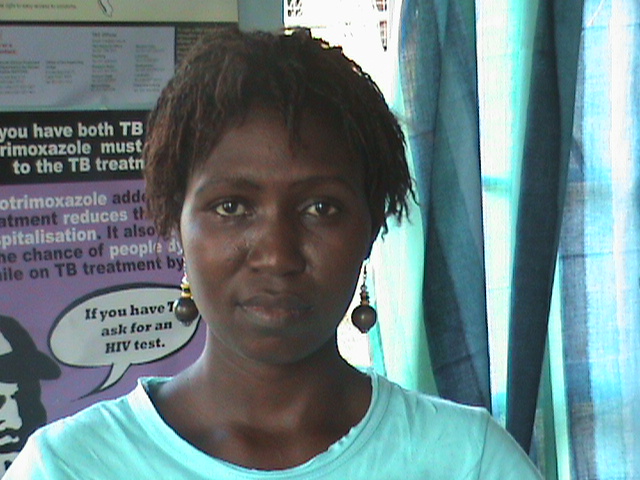Xenophobia deflects government failures
on May 19, 2008
Category: Poverty, Social Movements, South Africa, Refugees, Africa
My friend Beauty at “Nigeria What’s New” posted on the violence against immigrants taking place in South Africa and wonders
why bloggers in the diaspora are not screaming about this horrible human rights issue since the story broke on May 1st.
Good point, Beauty after all if this was happening in Spain, France, Britain or any where else in Europe we would be screaming. In fact I was screaming the other day about asylum seekers in Britain. Talk to any African foreigners and they will tell you their own experience of xenophobia in South Africa. But these encounters are superficial and hide the truth. What is happening is far more complex than is being presented in the reports as violence and xenophobia. Nonetheless, these very disturbing videos here and here and here, fit well with the one posted from last week on Race Hate in Russia. More importantly the videos tell us how governments with the support of the media can and have used immigration as a way of deflecting people away from the real issues and their failure to meet the valid expectations of the people.
This article in the Times [A simple recipe for xenophobia] points to a number of factors that have no doubt contributed to the violence.
What caused the terrible scenes unfolding in our country today: children beaten and displaced, women raped and men left with pieces of flesh hanging from their faces, homeless and hungry and desperate?
What led to a situation where young men were unashamed to stand in front of television cameras and say they will kill foreigners?
We should not be surprised. For the ANC, led by Zuma and Mbeki, the chickens are coming home to roost………….
These people are behaving like barbarians because the ANC has failed — despite numerous warnings — to act on burning issues that are well known for having sparked similar eruptions across the globe.
But the bulk of the cocktail comprises the failed state that is Zimbabwe. The country’s economy has collapsed. Its political leaders, security services and agents are looting the treasury. Zimbabweans are fleeing.
The writer, as in the last paragraph, still externalises the violence by bringing it back to Zimbabwe and Robert Mugabe. But it is not just Zimbabweans who are victims of the violence – all Africans are – from townships to universities. In fact the statement only fuels the violence against refugees. Yes clearly there is a struggle for scare resources such as food, housing and jobs but this does not explain everything. The truth lies more in the total failure of the post Apartheid government to bring about meaningful social change for the masses with the country largely remaining in an economic time warp of white rule. The violence is an indictment on the government which has engaged in an outright attack on the poor in urban and rural areas which is reminiscent of apartheid and what people see is more hardship not less.
The media and the government are naming the violence as xenophobia but the reality is that people have reached boiling point after 14 years of dashed hopes and have now turned on the most vulnerable in their communities, refugees, and foreigners to vent their frustration. This in no way justifies the violence but does go some way to explain the fragility of the country.
I would add that progressive shack dwellers’ movements, like Abahlali baseMjondolo in Durban, the Anti-Privatisation Forum (APF) which has members in some shack settlements in Jo’burg, as well as the Western Cape Anti-Eviction Campaign, have always taken a strong position against this violence. Abhalali has always been clear that it welcomes all shack dwellers in to the movement irrespective of where they come from and indeed has hosted men and women from Zimbabwe’s shackdweller communities as well as reached out to the residents as far away as Cite Soleil in Haiti.
It is a tragedy that such attacks are happening in poor working class communities, where the poor are fighting the poor. But there is a clear reason for this. Many in our communities are made to believe that unemployment is caused by foreigners who take jobs in the country – this is simply untrue. Forty percent (40%) of all South African citizens are unemployed and this has been the case for many years. This is not the result of immigrants from other countries coming to South Africa but rather, the result of the anti-poor, profit-seeking policies of the government and the behaviour of the capitalist class. Such massive and sustained unemployment is a structural problem of a capitalist system that cares little about the poor, wherever they are from/live.


